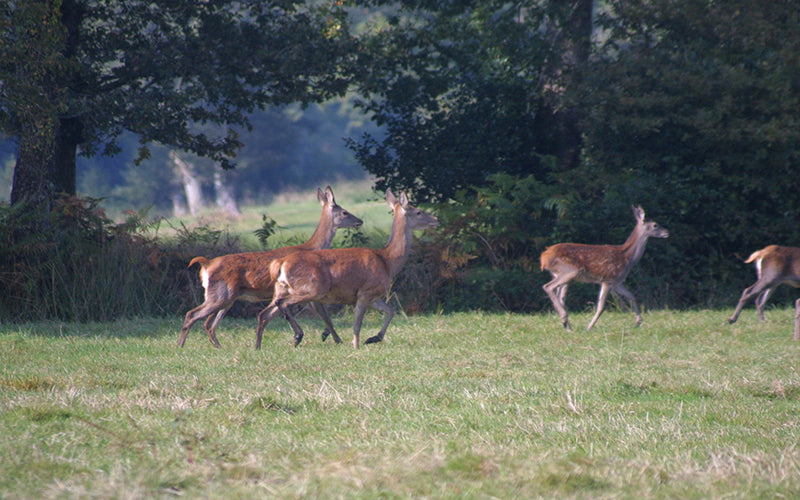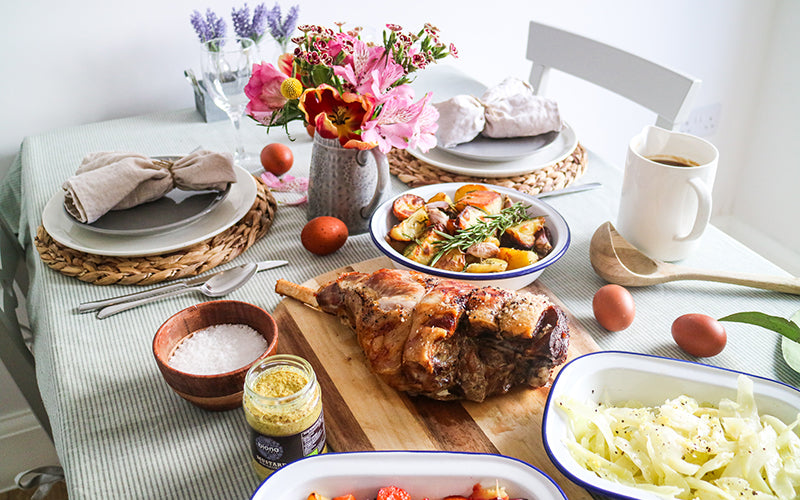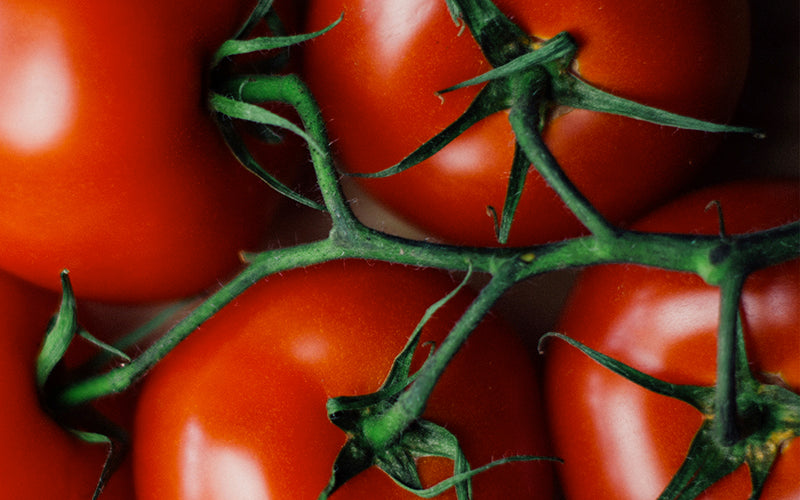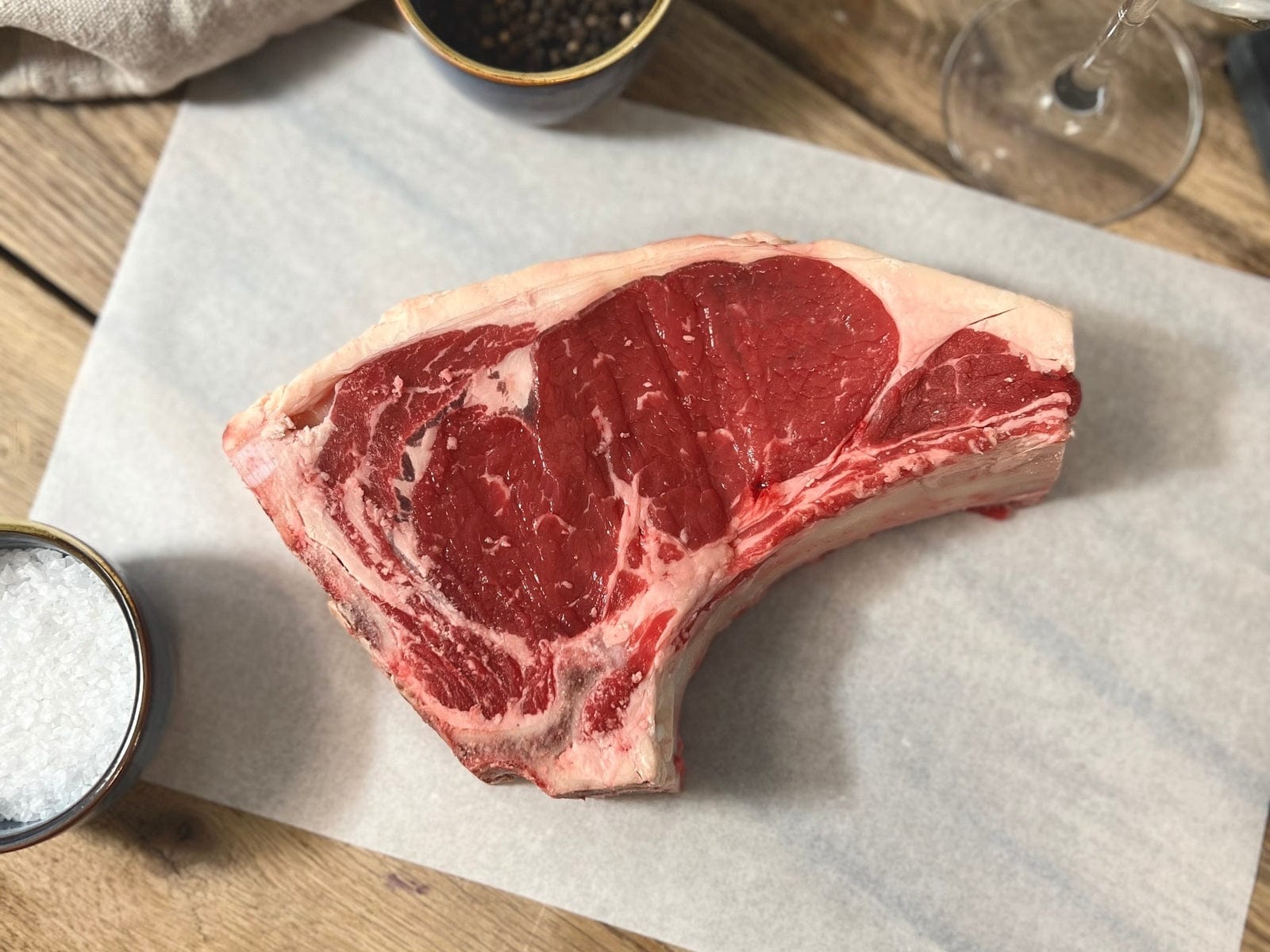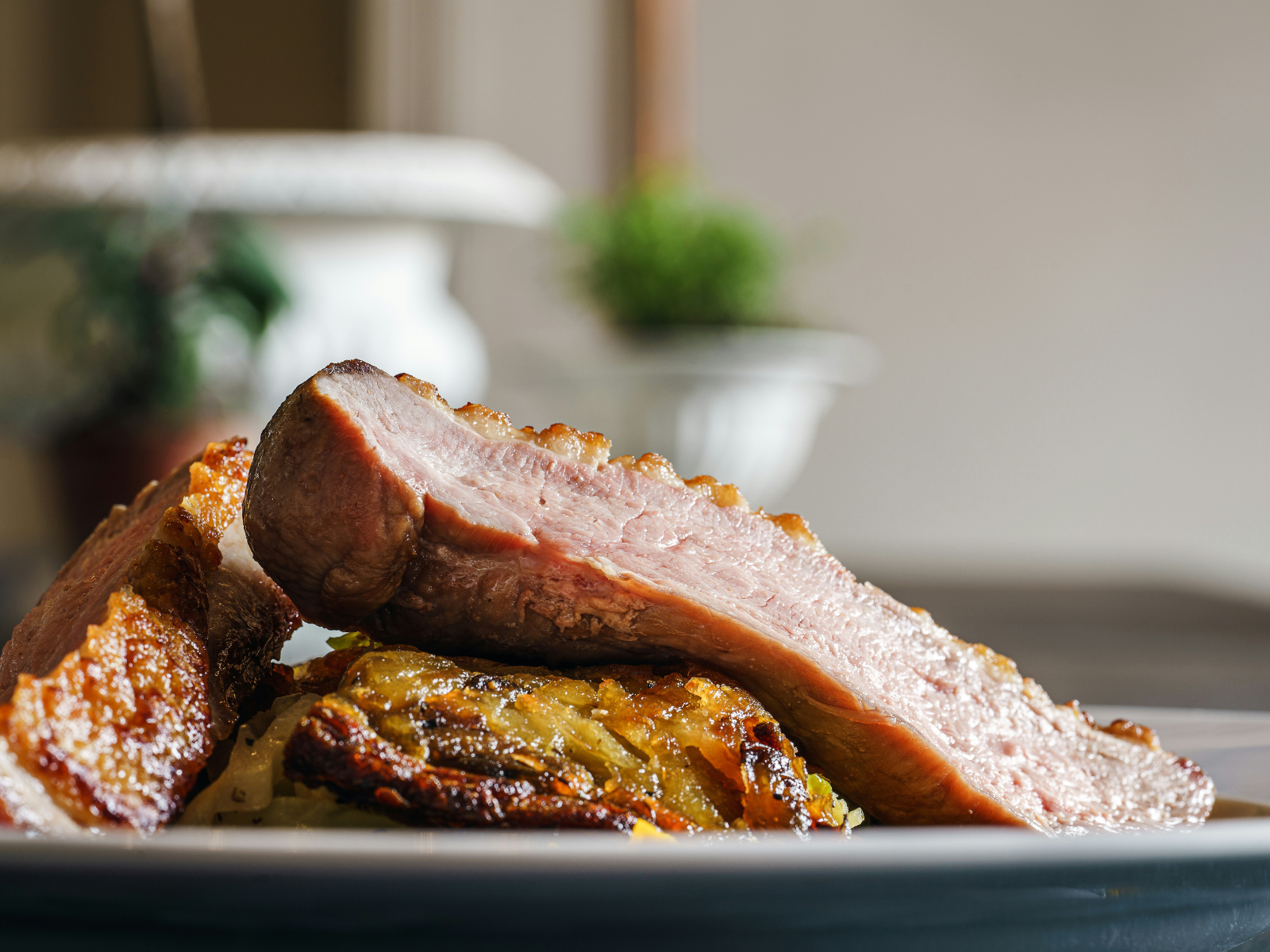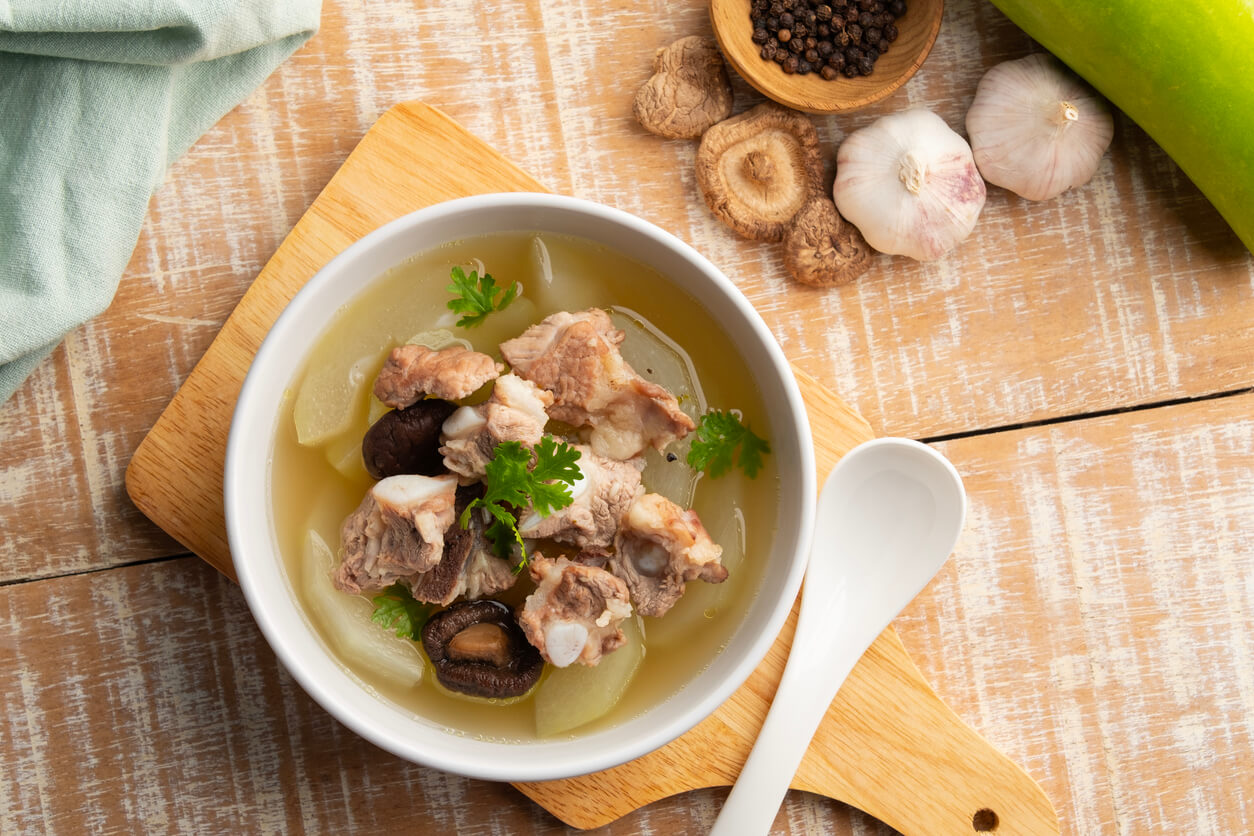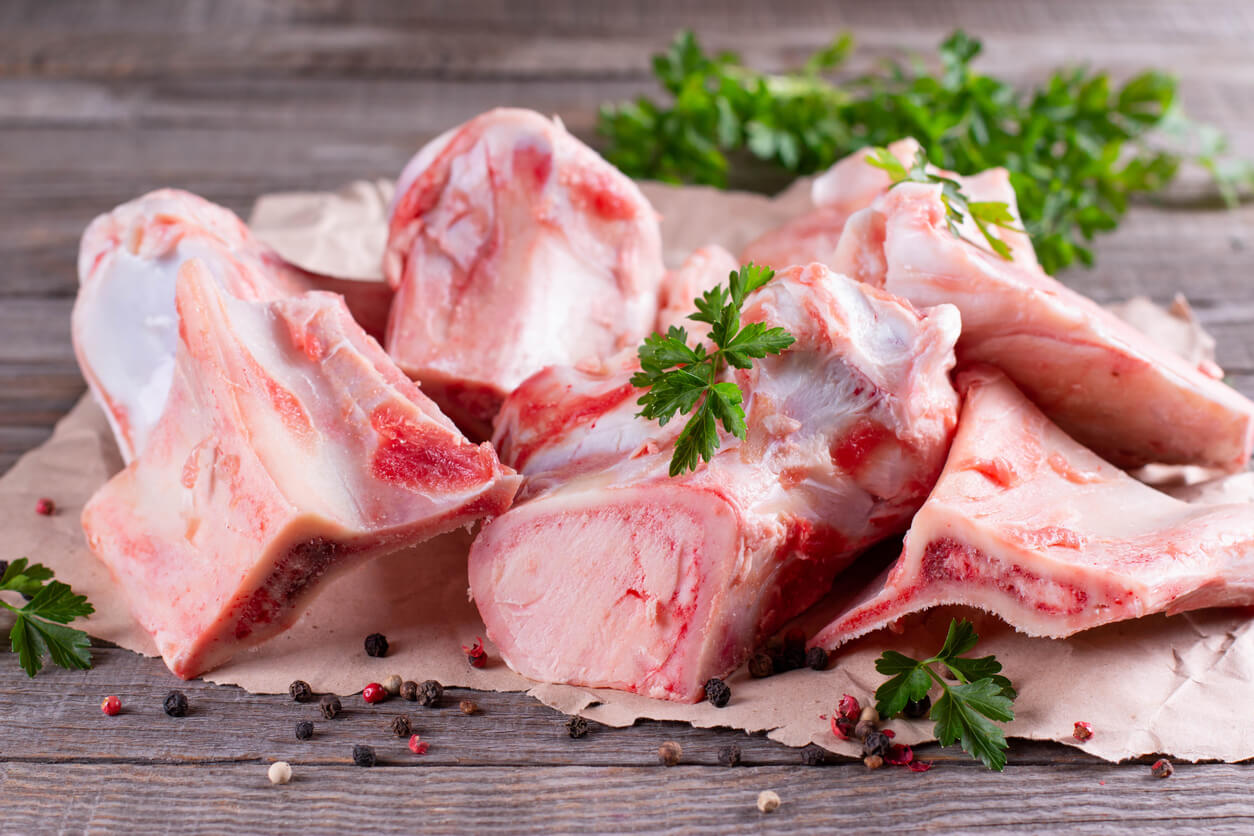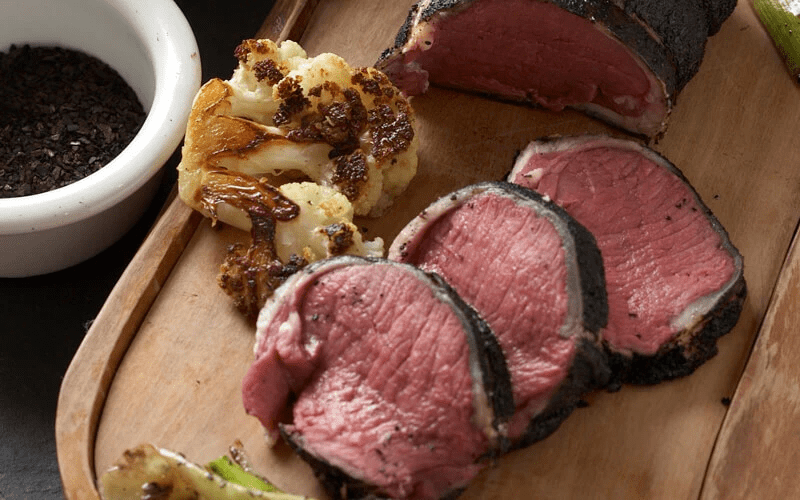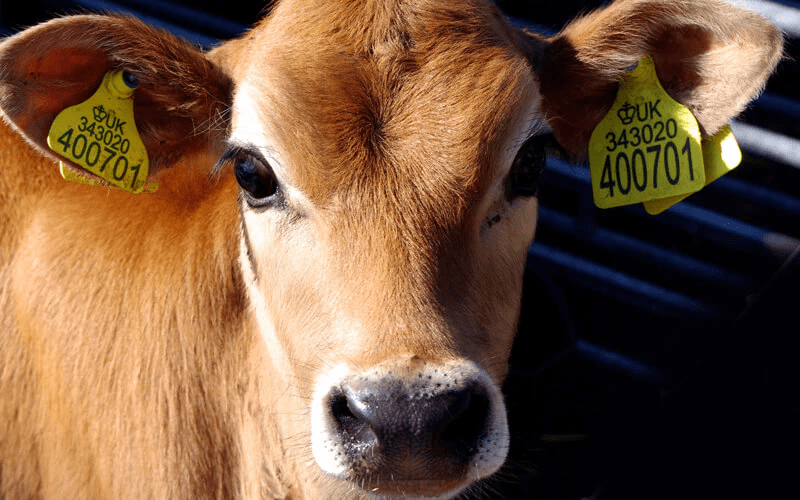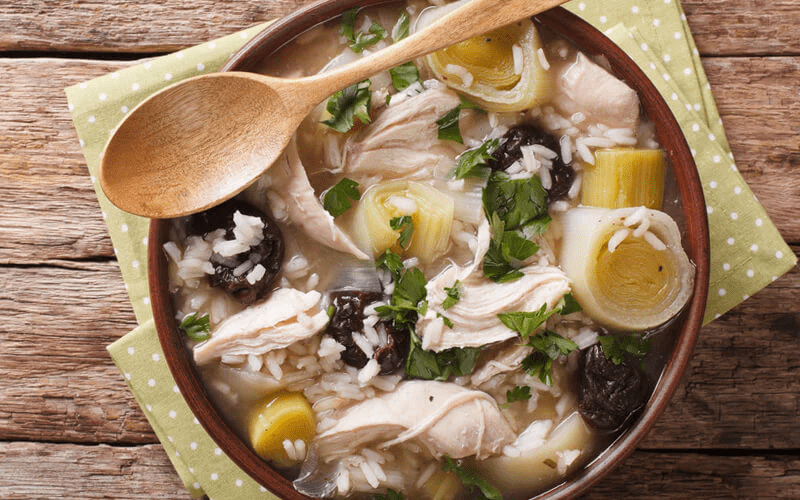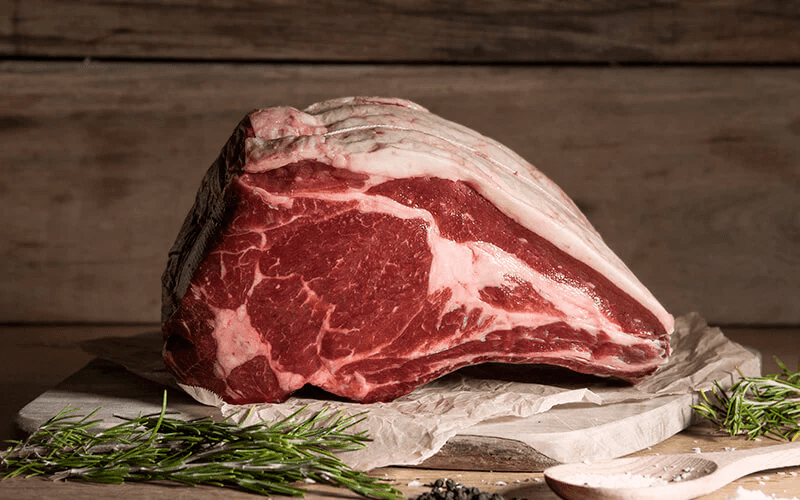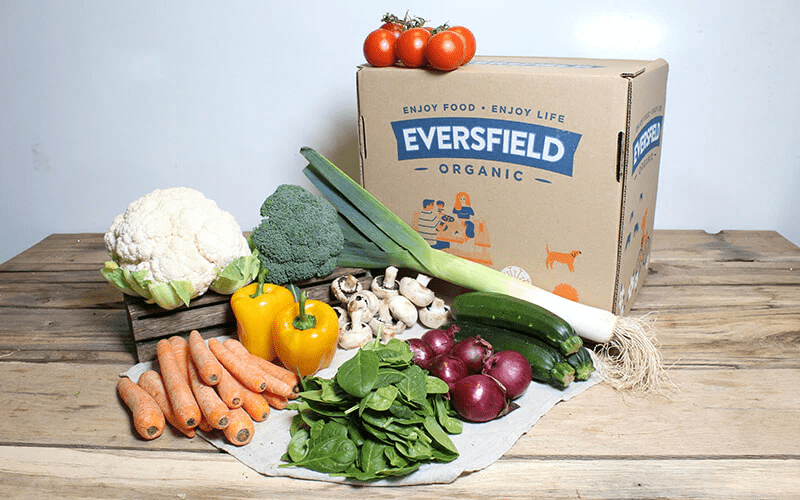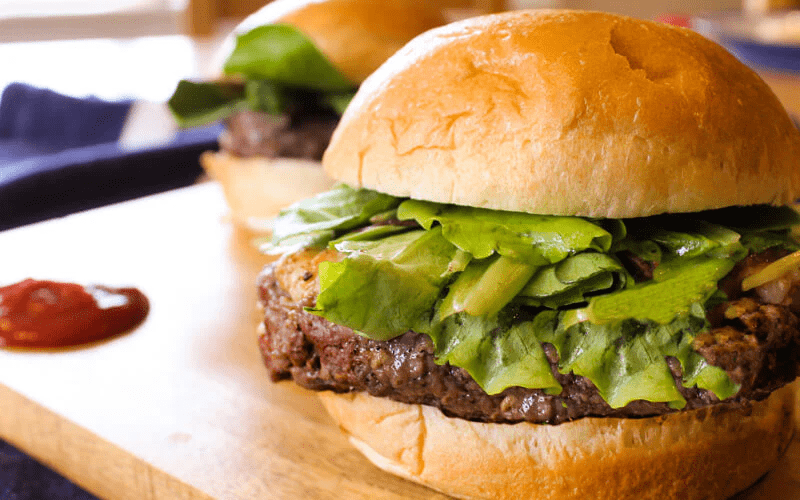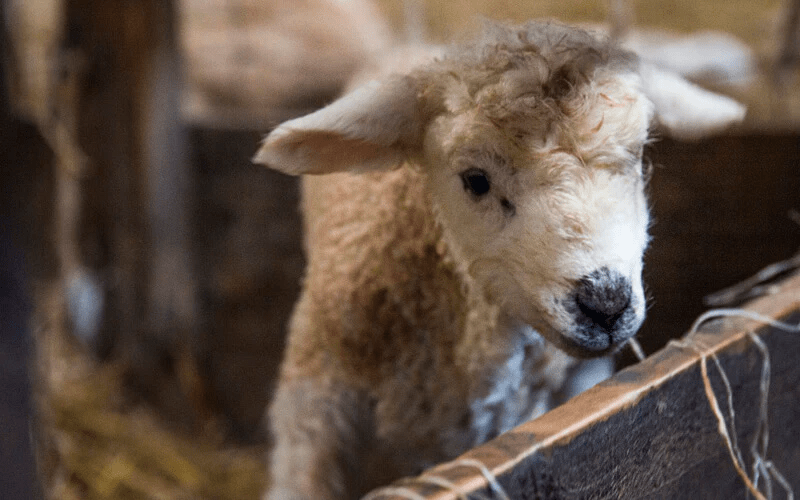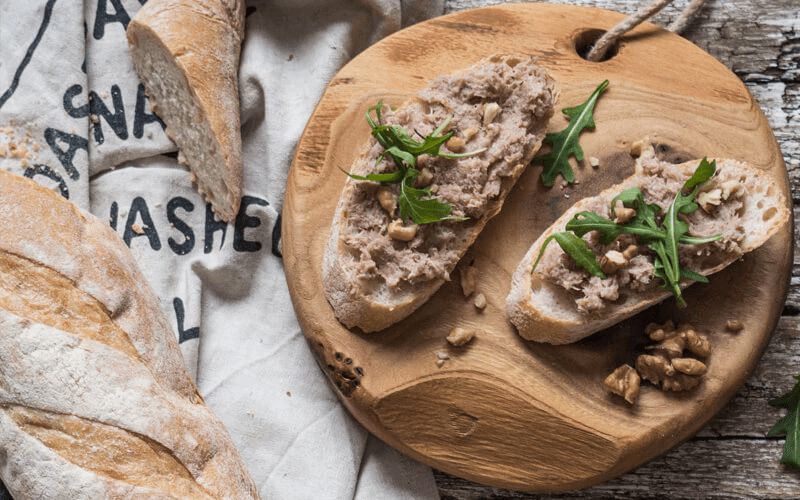World Wildlife Day
Today marks World Wildlife Day, a celebration of all the wild plants and animals we share the planet with and the contribution they make to our lives. Here at Eversfield Organic we recognise the importance of wildlife and aim to respect and protect it in everything we do.
Wildlife is key to our organic farm, helping us farm in a way which requires minimal external inputs as part of our closed loop sustainability ethos. From pollination to natural pest control, the benefits of making our farm a wildlife friendly space are endless, working in a symbiotic relationship with nature to reap the rewards, whilst having as little impact on the environment as possible.
When the Eversfield farm first began back in 2002, the landscape and fields had been ravaged by years of intensive farming resulting in a loss of biodiversity, bad soil health and overall, a poor environment. After years of hard and careful work to nurture the land back to how it should be, today the farm is a paradise for wildlife, with numerous species thriving on the land.

Image: The beautiful landscape of our organic farm is the perfect habitat for a number of species.
Farming with Wildlife in Mind
The principle of ecology is at the heart of organic farming, basing agriculture on living ecological systems, cycles and processes, emulating and supporting them.
There are multiple agroecology methods we employ on the farm to help our wildlife flourish; even small, simple things can have a surprisingly vast positive impact on local ecosystems and biodiversity.
One of such methods is rotational grazing, by which we move livestock to different areas of land around the farm throughout the year, allowing pastures to recover between grazing which helps maintain good soil health. Having healthy, fertile soil brings an abundance of plant life, providing a home for numerous species of insects and smaller animals, who in turn, are a source of food for birds and larger mammals such as foxes.
In our Market Garden, we plant varieties of bee friendly plants and flowers to encourage pollinators onto the farm and sustain them on our land. The use of virtually no artificial pesticides on organic farms also helps boost bee and insect populations, with research finding there to be around 50% more different pollinator species on organic farms vs conventional and on average 74% more wild bees. Pesticide use is devastating to a number of helpful pollinating species, with the exposure to only small doses affecting their ability to survive, decreasing their abundance on farmland and having an impact on the wider food chain as a result.

Image: Bees and other pollinator species thrive on our organic farm!
Wildlife on the Farm
Taking a stroll around the farm, it’s evident to see that all this hard work to protect our wildlife is paying off. During summer months the Market Garden is a hive of insect activity, with all sorts of species buzzing about from one plant to the next, pollinating and performing vital roles key to the Market Garden’s yield of fresh organic produce, not forgetting the micro-organisms working hard underground to look after the soil.
In the morning, the sound of birdsong is ever present, as our hedgerows provide the perfect habitat for species such as blackbirds, robins, wrens and wagtails. Pheasant and wood pigeons are also common visitors to our fields, as well as small birds of prey like buzzards.
We are also lucky enough to have regular sightings of wild deer on the farm, emerging from their woodland home to graze the pastures.
Making Your Garden More Wildlife Friendly
If you’re looking for ways you can make your own space a haven for wildlife here are some of our top tips!
- Grow bee and butterfly friendly plants– even if you don’t have a lot of space planting a few flowers can be a great way to draw more pollinators to your garden. Some of the best varieties for bees include lavender, primrose, sunflowers and bluebells.
- Get a bird feeder – adding a bird feeder to you garden in the colder winter months is a great way to help support our feathered friends when their usual food is scarcer.
- Use natural pest control – whilst slugs and snails might be a blight on your veg patch, refrain from using pellets and other pesticides which can have an adverse effect on other wildlife. Instead, try creating physical barriers so pests cannot get to your crops or companion planting, in a more natural approach to pest control.
- Maximise space – if space is something your garden lacks there’s numerous ways you can increase the amount of planting available by using vertical surfaces such as walls and fences for climbing plants. Filling any space you can with plants is a sure-fire way to encourage wildlife into your garden.
- Compost – building a compost heap not only gives you a sustainable way to get rid of food waste and provides you with the perfect natural fertiliser, it also creates a haven for mini-beasts which will help look after your soil, as well as provide an excellent food source for other wildlife such as birds and hedgehogs!

Image: Our Market Garden works with wildlife to produce delicious organic produce.


